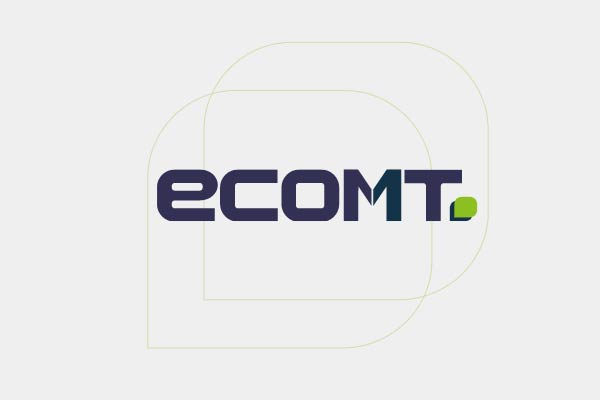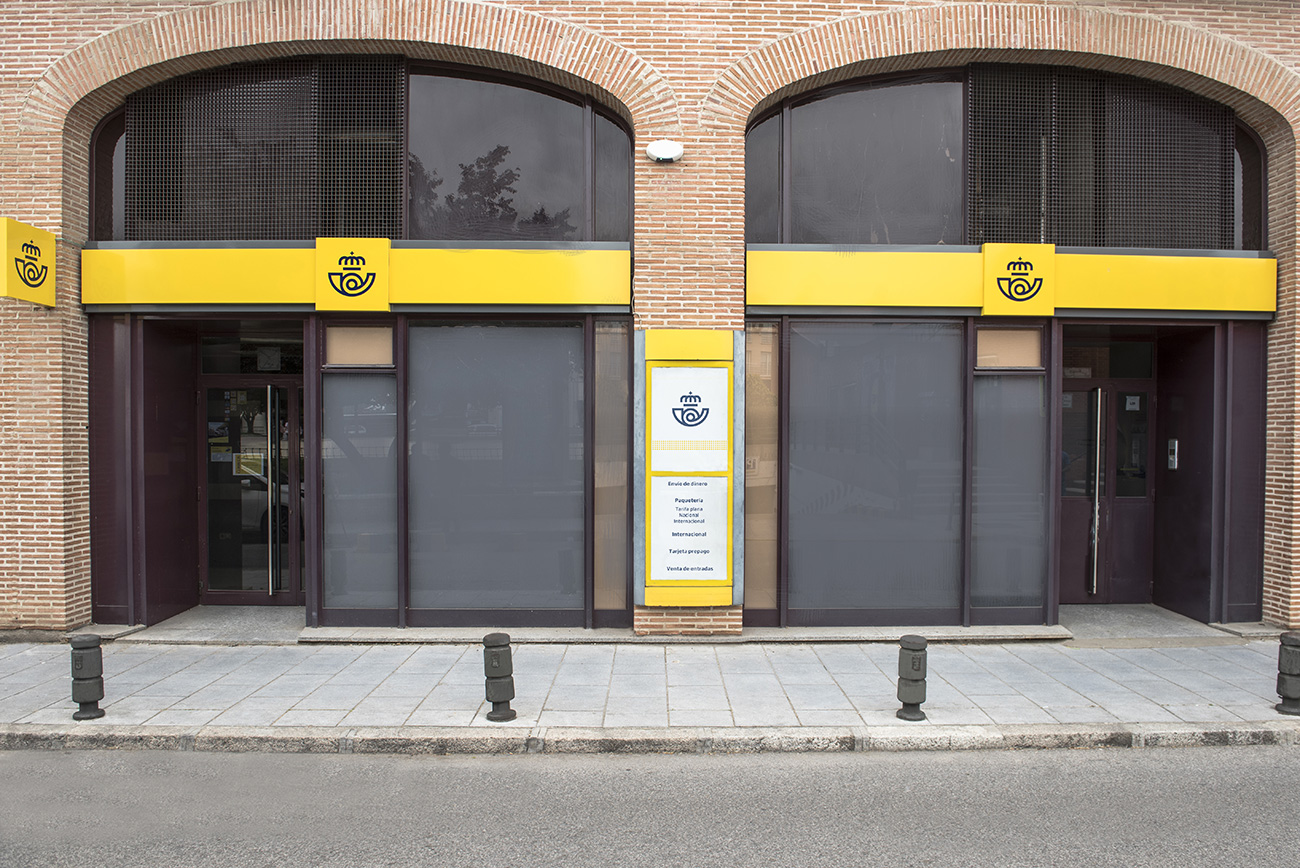The value of IoT in times of crisis
Teleworking, telematic meetings or the use of e-commerce have only been the tip of the iceberg of what it is yet to come. The recent health crisis accelerated a digitization process that should lead us to a more sustainable and efficient world.
COVID-19 stopped everything we knew. Schools, theatres, sports centres and all non-essential businesses were closed. It was time to #StayHome and we stopped making plans.
With the store doors closed, the textile industry had to face a new context that demanded quick solutions such as reducing energy consumption as much as possible during the months that the stores remained closed.
Reschedule more than 1,000 stores from home
We designed a strategy together with our partners in the fashion sector to reprogram the lighting and air conditioning systems of their stores, without affecting the security and fault detection systems.
Machines, windows and lights were switched off in more than 1,300 stores in 8 different countries. And it was done remotely and coordinating the teams from home.
A couple of months later, while the world was adapting to the new rules of social distancing, the first masks arrived and the first rumours about the return of non-essential activity arrived.
Taking into account how well the first strategy had worked, it was decided to follow a reverse process marked by the de-escalation phases that paid special attention to customer and worker care. For example, in phase 0, while the stores remained closed to the public, some were rescheduled thinking of the well-being of the employees who had to go to each store each day to perform administrative tasks to prepare for the new normality.
The experience gained during the lockdown favoured a simpler and more efficient start-up during the de-escalation process, reaching an average power-up time of 3 seconds per store.
The future will be greener or it won’t be
During the months of lockdown, carbon dioxide emissions into the atmosphere were temporarily curbed. And although the United Nations estimated at the end of 2020 that the volume of emissions could drop by 7% compared to the previous year, there is still a lot to be done.
The health crisis has shown that remote management is an essential tool for multisite companies, since it not only allows a more exhaustive control of what happens in each facility, but it also drastically reduces energy demand, while protecting the environment.
Because, just in Spain, according to 2019 data from the Ministry for the Ecological Transition and Demographic Challenge (MITECO), the generation of electricity is one of the main sources of carbon dioxide into the atmosphere.
But this is only the beginning. We have a second chance to rethink the present and head towards a greener future supported by technology, zero-emission infrastructures and the promotion of nature-based solutions that advocate decarbonisation.


